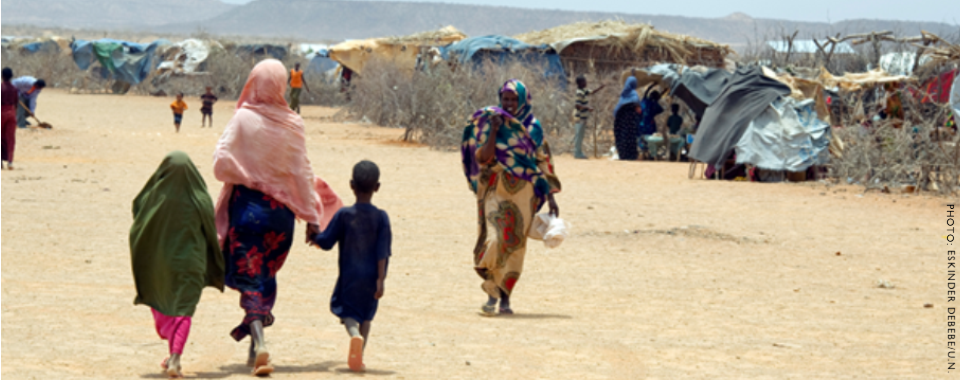BY KRISTA HENDRY
Fragile States Index 2014
When the Failed States Index (FSI) was first published in 2005, the use of the term ‘”failed state” was designed to highlight and draw attention to the very real risk that people faced if their state failed to address the factors and conditions that we were measuring. While we all agreed that the term “failed state” was fraught with issues, mainly that we were not calling any country on the list failed, we knew it would likely get attention. And it did. Despite this, almost every year, we would revisit the name and think about whether we could change it finally. We had the attention and we knew people used the Index and waited eagerly for its release. Surely they would seek it out even if we changed the name? Yet the argument remained that if we wanted to get attention for all people who live in harsh conditions so that the international community, national governments, and local actors could work to improve those conditions, we had to keep people’s attention.
In the last few years, however, we found that we ended up having more conversations about terminology than substance. The name also was being cleverly used by politicians in conflict-affected countries to try to dismiss the Index altogether as well as their responsibility to address the issues that it highlighted. Our primary purpose in creating the Index is to enable people to use it as a platform to discuss what is happening in their own countries. We also create it to encourage government responsibility, set priorities, and identify resources to face challenges. We didn’t publish it every year to discuss what defined a “failed state;” we created it every year to help prevent the conditions that led to them. Overall our goal has always been to help improve human security in countries all over the world. So while the term certainly gained people’s attention, it also became a distraction from the point of the Index, which is to encourage discussions that support an increase in human security and improved livelihoods.
Some of the issues highlighted in the Index are not easy topics to discuss. Some governments have failed their people catastrophically and some have done it intentionally and violently. Sometimes countries with very strong governments are the most repressive. Often, those are governments who choose to not have a social contract with the whole of their population and continue to choose their own interests, or the interests of a few, over the good of all. It is critical to call attention to those governments and the way they operate.
Other governments have weakness and pressures that, if they work with their populations, and with assistance from the international community, they can improve. They can fight and reduce corruption of all kinds. They can improve the delivery of public services and infrastructure. They can improve their tax systems and investment climates. They can investigate and prosecute human rights abuses. They can provide adequate training and civilian control of security forces so abuses are prevented. But they cannot do all this immediately and alone. Government is responsible to its people and for all of the issues just mentioned, but it needs a responsible and free media, a strong civil society, and an active business sector to help with all of this heavy lifting.
Over the last year, we had serious discussions with lots of people over the way the name was negatively impacting our ability to get the right kind of attention for the FSI. We work closely with governments in countries struggling under harsh conditions and lots of pressures, and it is not our intention to shame them. We want to be a partner for those governments who face some of the most pressures and help alleviate the conditions that can lead to violent conflict.
So, we are changing the name of the Index to make sure we can be a part of addressing those challenges and that the Index can be used, as one tool of many, to guide the development of priorities and measure improvements and unfortunately also when things get worse.
